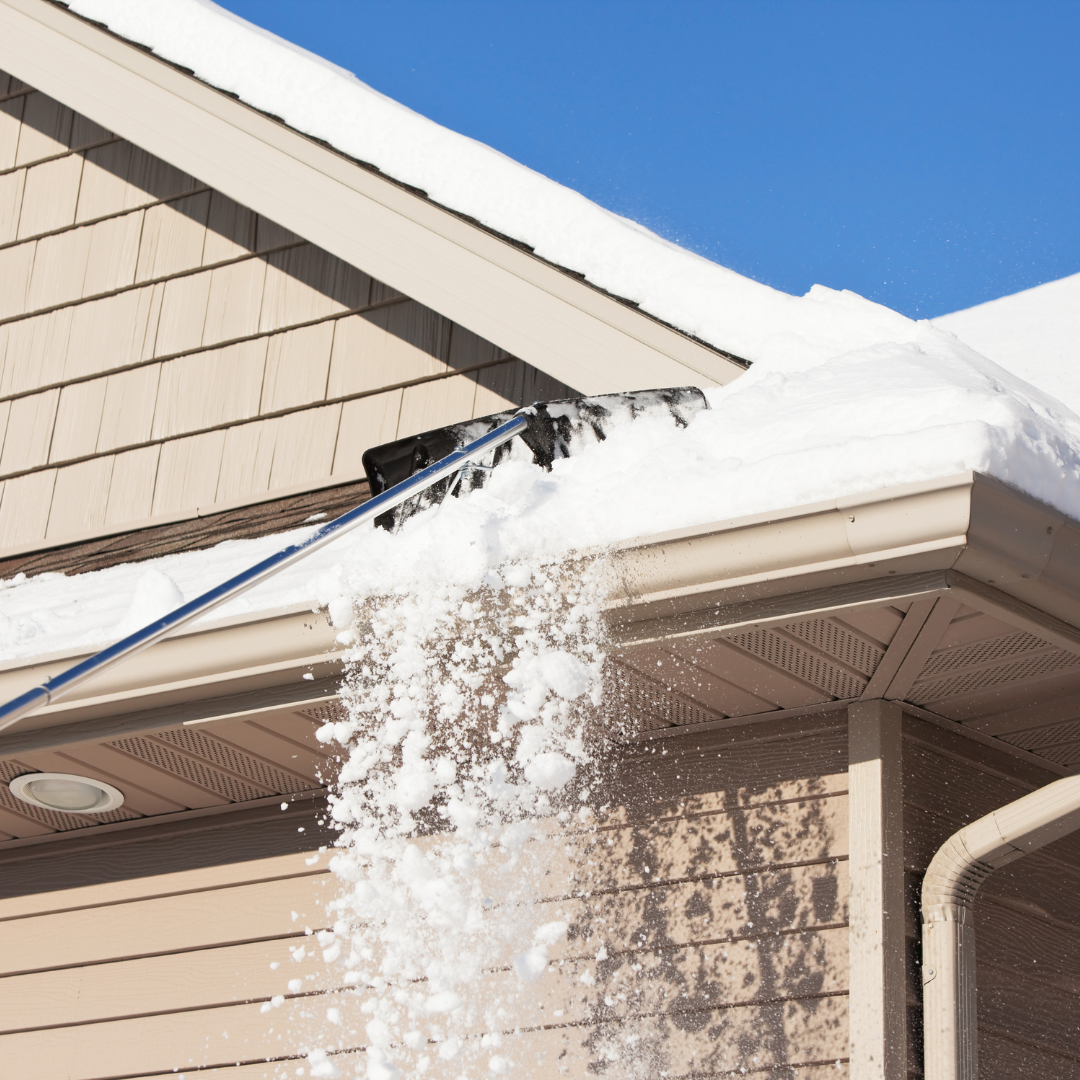
In today’s world, being eco-conscious isn’t just a trend—it’s a responsibility. Many homeowners are looking for ways to reduce their environmental impact without sacrificing comfort or spending a fortune. Fortunately, eco-friendly home improvements often offer long-term savings while making your home more sustainable. Whether you’re making small changes or tackling bigger projects, these ten eco-friendly home improvements are perfect for Detroit homeowners.
1. Upgrade to Energy-Efficient Appliances
Upgrading to energy-efficient appliances is one of the simplest ways to reduce your energy consumption. Appliances with the ENERGY STAR label meet strict energy efficiency guidelines, saving you money on utility bills while reducing your carbon footprint. Modern refrigerators, dishwashers, and washers are designed to use less energy and water, making them both eco-friendly and cost-effective. The investment might seem high initially, but the savings on monthly energy bills will quickly add up.
2. Install a Smart Thermostat
Installing a smart thermostat is an effective way to control your home’s temperature more efficiently. Smart thermostats allow you to adjust the heating and cooling remotely and can even learn your schedule to automatically optimize the temperature. For Detroit’s cold winters and hot summers, a smart thermostat can significantly reduce energy consumption. By reducing the need for heating or cooling an empty house, you can enjoy the comfort of a climate-controlled home while saving on energy costs.

3. Seal Windows and Doors
Drafty windows and doors are a common source of energy loss. By sealing gaps and cracks with weatherstripping or caulking, you can prevent warm air from escaping in the winter and cool air from leaking out in the summer. This small improvement can lead to substantial savings on heating and cooling bills. It’s an affordable and easy project that can be done in a weekend, making your home more energy-efficient almost instantly.
4. Switch to LED Lighting
Switching to LED lighting is an easy, cost-effective way to reduce your energy consumption. LED bulbs use up to 80% less energy than traditional incandescent bulbs and last much longer. They’re available in a variety of styles, colors, and brightness levels, so you don’t have to sacrifice aesthetics for efficiency. By replacing just a few bulbs, you’ll start noticing the difference in your energy bills—and you’ll hardly ever need to replace them.

5. Install Low-Flow Fixtures
Water conservation is an important part of eco-friendly living, and low-flow fixtures like faucets, showerheads, and toilets can drastically reduce your water usage. Modern low-flow options maintain excellent performance while using less water, ensuring you don’t sacrifice comfort. Installing low-flow fixtures is a small change that can make a big impact on both your water bills and the environment.
6. Consider Solar Panels
Solar panels may require a higher upfront investment, but they offer long-term savings by reducing your reliance on the grid. Detroit gets a fair share of sunny days, making solar panels a viable option for homeowners. With federal, state, and local incentives available, installing solar panels has become more affordable. Over time, you can significantly cut your electricity bills while contributing to cleaner energy production.

7. Use Eco-Friendly Insulation
Insulating your home is essential for energy efficiency, but not all insulation materials are created equal. Eco-friendly insulation, such as cellulose or recycled denim, is made from renewable resources and has a lower environmental impact. These materials are just as effective as traditional insulation in keeping your home comfortable year-round, but with a smaller carbon footprint. Improving your home’s insulation can reduce heating and cooling costs and contribute to a more sustainable home.
8. Install a Rainwater Harvesting System
Rainwater harvesting systems allow you to collect and store rainwater for outdoor use, reducing your reliance on the municipal water supply. By using rainwater for your garden, washing your car, or even flushing toilets, you can conserve water and save money. Rain barrels are easy to install and maintain, making this a simple yet effective way to reduce your environmental impact. In Detroit, where summer droughts can occur, having a backup water supply for your landscaping can be a game changer.
9. Plant Native Landscaping
Landscaping with native plants is not only beautiful but also environmentally friendly. Native plants are adapted to local conditions, so they require less water, fertilizer, and maintenance than non-native species. In Detroit, popular native plants like coneflowers, black-eyed Susans, and Michigan holly thrive with minimal care. Native landscaping not only helps conserve water but also supports local wildlife, creating a more sustainable and eco-friendly yard.
10. Use Sustainable Building Materials
If you’re planning a renovation, consider using sustainable building materials like bamboo, reclaimed wood, or recycled metal. These materials are often more durable and environmentally friendly than traditional options. Bamboo, for example, is a fast-growing, renewable resource that makes a great flooring option. Reclaimed wood offers a rustic, eco-conscious aesthetic while reducing the demand for new lumber. Choosing sustainable materials for your home improvement projects can make a big difference in reducing waste and promoting environmentally responsible practices.

Going green doesn’t have to be difficult or expensive. By making a few eco-friendly home improvements, you can save money on your utility bills, reduce your environmental footprint, and create a more comfortable living space. From upgrading to energy-efficient appliances to installing rainwater harvesting systems, there are plenty of ways Detroit homeowners can make a positive impact. Every little change adds up, so why not start today? The benefits are clear: a greener home, lower bills, and a healthier planet.
.png)




.png)
